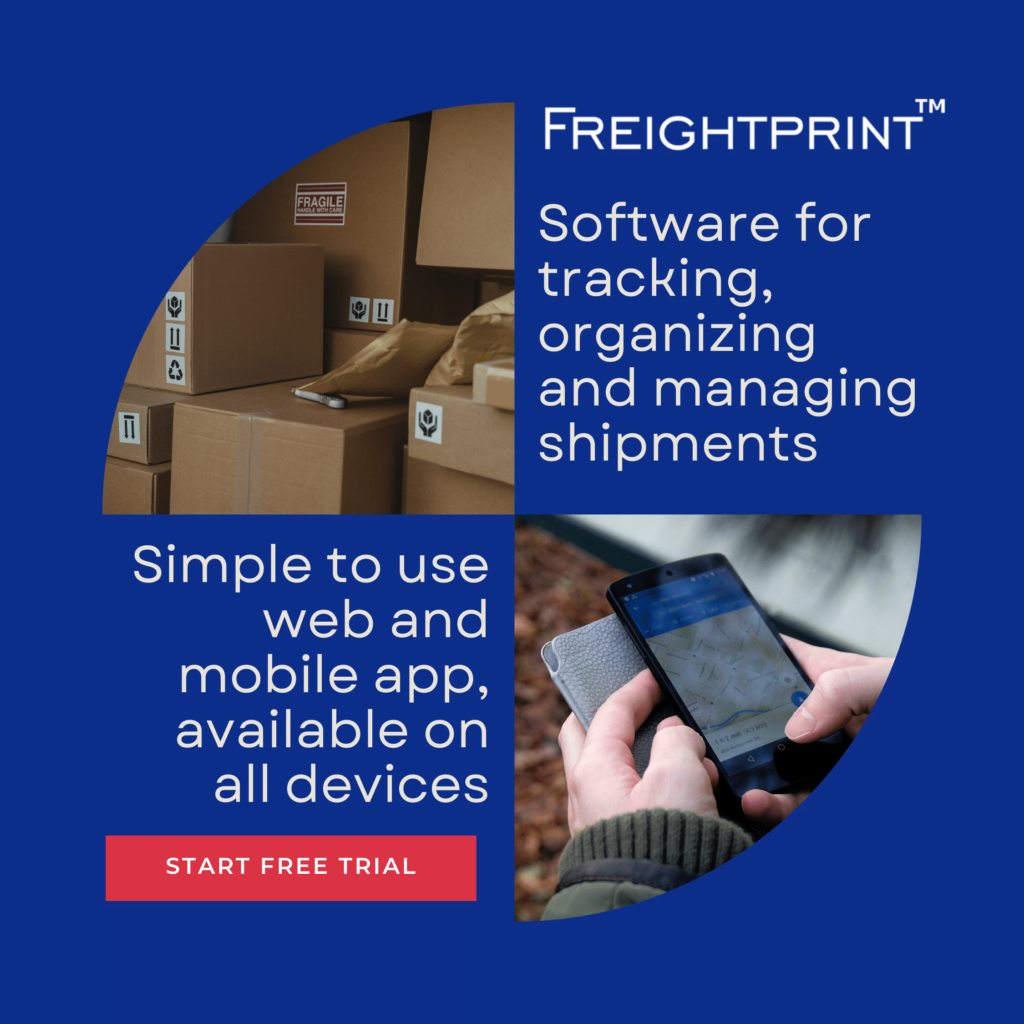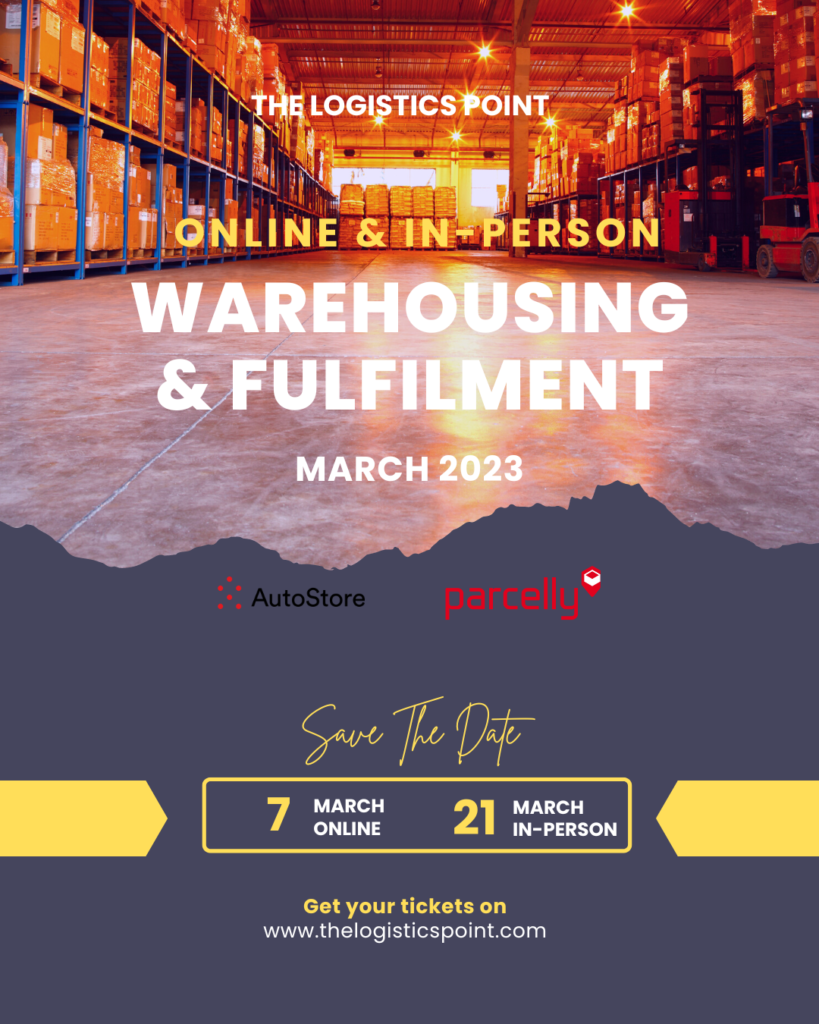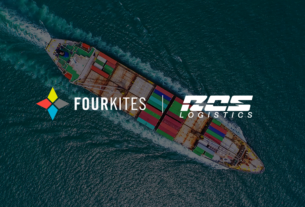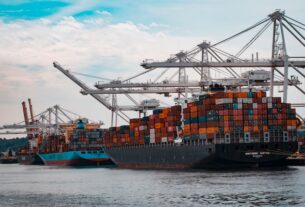Technology and sustainability go hand-in-hand. The last couple of years were not easy for businesses but things have settled down a bit and more companies are doubling down on their sustainability commitments. We spoke to Niko Polvinen, Business Development & Co-Founder at Logmore, about the sustainability trends and how tech is making them a reality. More news from our first 2023 edition here!

Niko, how would you evaluate what happened in 2022 in the area of sustainability in the supply chain?
We need to differentiate between three areas of sustainability. There is the most common one – environmental sustainability, but then there are social and economical sustainability as well. I think 2022 in logistics was a lot more about economical sustainability rather than environmental. That doesn’t mean there was no focus on the environment, of course. It was quite a big trend and it continues to be a trend for the foreseeable future.
In 2021 we saw such a huge disruption in global supply chains which I think led to the situation where most of the companies managing their supply chains really needed to focus on fixing these challenges and issues.
They’ve had to make their whole supply chain work from an economical standpoint so they can actually continue their business operations.

Have organisations overcome this and can they now focus on what we truly perceive as sustainability which is green projects?
The full container load const index, for example, returned to pre-Covid rates. Prices have found a way to be more economically sustainable. So I think now we can all really focus on the environmental aspect much more. We are seeing a lot of development now in the area of reusable packaging, for instance, as well as close-loop supply chains.
Was there a slow down in the technology adoption in 2022 because of the challenges we spoke about above?
Many of the technologies being implemented in the supply chain vertical, actually help with sustainability and financial certainty. They do not really add costs to the sustainability efforts.
Of course, there are certain investments often needed to implement new processes in the supply chains that might be useful. They tend to be quite complex and might involve subsidiaries and subcontractors, which increases costs. But if we look beyond that, technology usually involves cutting costs.
What technology do you think will be highly sought after?
A lot of it, as I mentioned, will be around sustainable packaging but also data and analytical software. In the field of pharmaceuticals, for example, a huge trend is direct patient deliveries. This requires technology to better execute the logistics process. Instead of full containers, you are not delivering small boxes with personalised medications. Robotics will also continue to pick up.
Have companies reached a level of maturity where they now know why they need technologies and are looking more at how to make the most out of them?
Covid, which was devastating on a personal and also business level, made logistics more visible. It really brought attention to the supply chain and it is now part of the strategic thinking. But we also need to focus on people and why logistics is interesting. ✷



